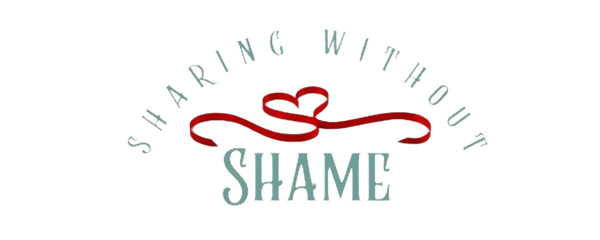The Essential Role of Emotional and Nervous System Awareness in Breaking Free from Addiction
By Donna Marston
Addiction doesn’t begin in the bottle, the pill, the pipe, or the behavior. It begins in the body, and more specifically, in a dysregulated nervous system and unprocessed emotions. The more I work with families impacted by addiction, the clearer it becomes: if we don’t teach people how to regulate what’s happening inside of them, they’ll continue to reach for something outside of them to cope.
“The question is not why the addiction, but why the pain.” - Gabor Maté
So often, addiction, whether to substances, food, screens, relationships, or even overworking, it’s an attempt to soothe what feels intolerable inside. When someone doesn't know how to sit with discomfort, calm their inner chaos, or name what they’re feeling, they naturally look for relief. And if we don't offer healthier tools, they’ll find ones that hurt them in the long run.
This is why emotional regulation and nervous system education are essential, not just for people in recovery, but for all of us. When you understand your body's stress signals, you can pause before reacting. When you learn to self-soothe with breath, movement, or grounding techniques, you create a gap between trigger and response. And in that space, healing begins.
“Being able to feel safe with other people is probably the single most important aspect of mental health.” - Bessel van der Kolk, author of The Body Keeps the Score
Regulation isn't only an inside job; it's also a relational one. When we teach people how to feel safe in their own bodies and in connection with others, we lower the chances of them needing to escape.
In my work with families, I emphasize that addiction is not simply about actions or choices, it’s deeply connected to the nervous system. For example, when someone experiences chronic stress or trauma, their body can become stuck in a state of fight, flight, or freeze, which drives them to seek relief through substances or behaviors. We can’t lecture someone into recovery, but we can lead by example: showing up grounded, centered, and emotionally attuned. That’s when real change happens.
When we teach people to regulate from within, we free them from needing something outside to cope. Addiction and personal struggles are often shaped not only by life experiences but also by genetics and family history, factors beyond anyone’s control. That’s why shifting from asking “What’s wrong with you?” to “What happened to you?” opens the door to understanding, compassion, and real healing.
For those affected by addiction or emotional overwhelm, healing is possible—and support is available. Guidance and practical tools for regulating emotions and calming the nervous system can make a meaningful difference. When you’re ready, reaching out can be the first step toward finding greater balance and peace.
